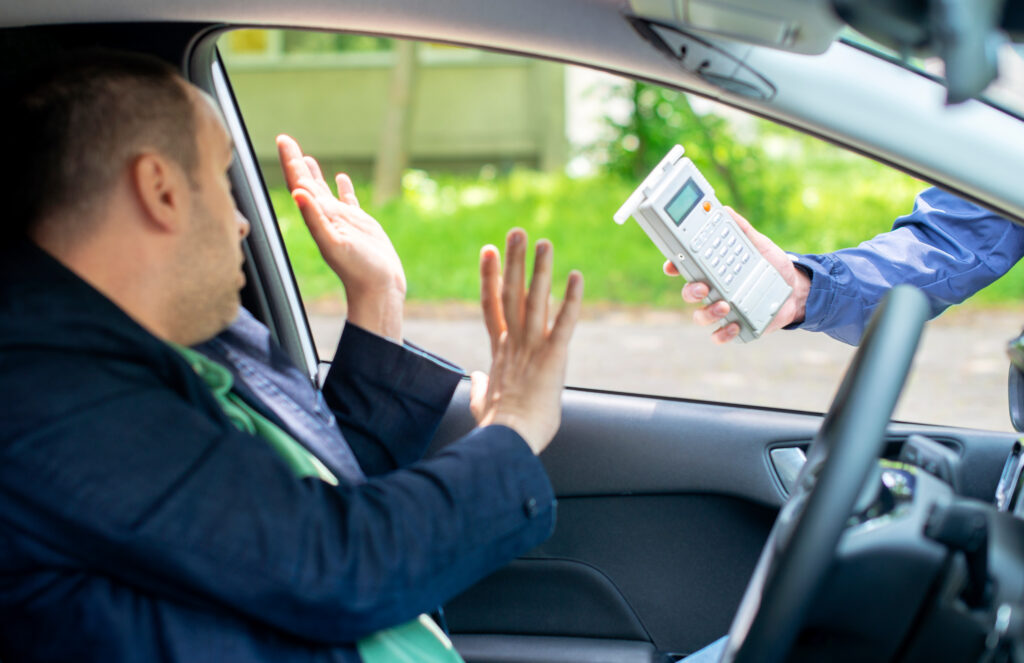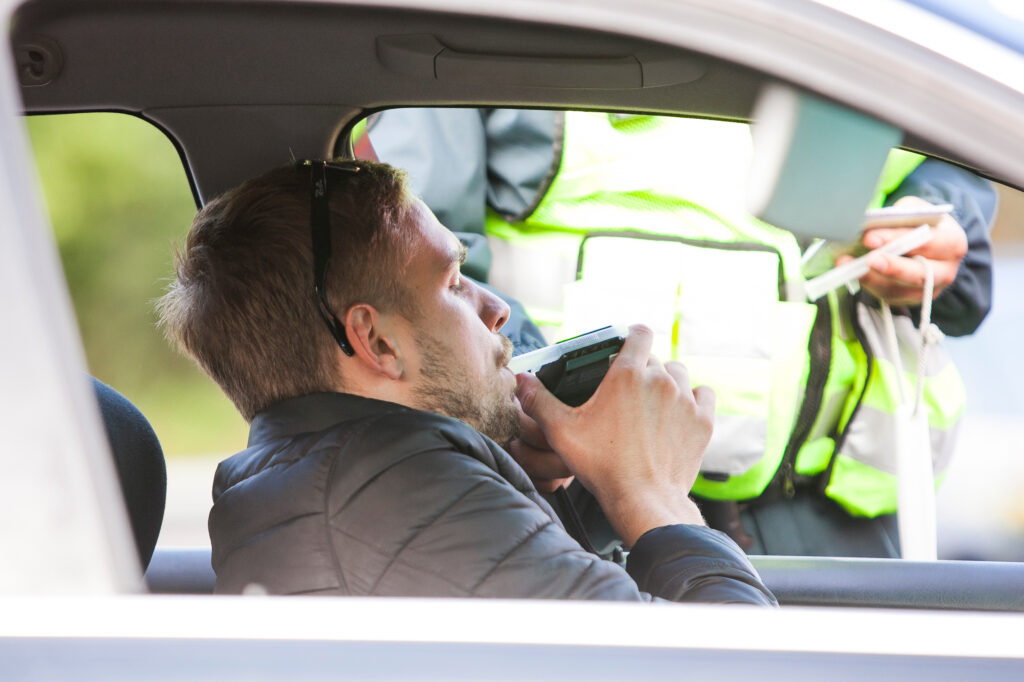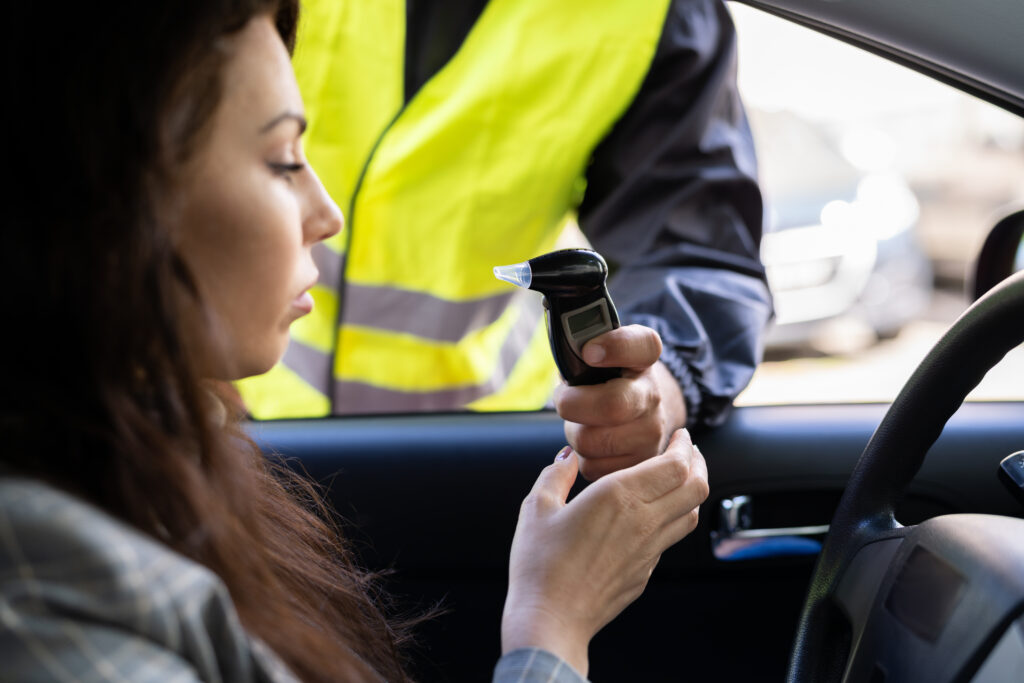The police in Texas perform chemical testing to ascertain a driver's blood alcohol level. Chemical testing is enforced through the state's implied consent law to ensure that drivers are willing to provide DWI blood tests and breath or urine samples.
If your BAC registers at 0.08 percent or above, authorities can charge you with DWI. Also know that authorities can consider you impaired when drugs or alcohol affect your ability to operate a vehicle, boat, or airplane, even if your BAC is lower than the legal limit.
While you can refuse a chemical test, there are penalties for doing so under implied consent laws. Immediately contact a DWI defense lawyer in Abilene. if you refused a test or were arrested.
The Law of Implied Consent

Texas law states that your acceptance of a driver's license also shows your consent to submit to chemical testing when lawfully requested.
Although required by law, some drivers refuse breath testing (the usual test following an arrest). You're penalized if you disagree with a breath or blood test.
No Refusal Checkpoints
Texas has increased the use of "no "refusal checkpoints" to "prevent refusals to support the implied consent statute. Judges staff the checkpoints so law enforcement officers can obtain signed warrants for testing. Nurses also staff the sites to carry out blood testing.
Defenses for Refusals and Penalties
While the law in Texas is clear about implied consent, you have a few defenses an attorney can use to defend you in these cases. Suppose a defendant lacks the mental capacity to make an informed decision or they have a mental condition, such as dementia. In that case, they may not be held responsible for refusing a chemical test.
Otherwise, if you refuse a breath test or similar DWI test, your license will automatically be suspended for at least 180 days if it's the first refusal. The license is suspended for two years or more for a second or subsequent refusal within ten years.
Refusing BAC Testing Before an Arrest
Before an arrest, you can legally refuse to do any BAC testing. This includes breathalyzer, blood testing, or a field sobriety test. After an arrest, you may refuse chemical testing, but you'll be subject to legal penalties.
Field Sobriety Testing and Refusals
The implied consent law in Texas does not cover a field sobriety test. Only chemical testing is subject to the legislation. Implied consent then covers breath, blood, and urine testing - all of which authorities can use to test a person's alcohol content (BAC). Authorities also utilize these tests to check for the presence of drugs.
Field sobriety tests (FSTs) are physical tests that the police use to determine a person's balance, coordination, and cognitive abilities concerning impairment. Authorities typically administer these tests at a traffic stop or when they suspect the driver is driving under the influence.

So, you can refuse an FST without facing administrative penalties. However, that does not mean the officer can't test you. If they have evidence of impairment or probable cause, such as reckless driving, to make an arrest, they have the right to arrest you.
If your BAC is at the legal limit, you should decline the FST and undergo the chemical test at the police station to avoid license suspension. This may help your defense. It's easier for a lawyer to combat one faulty drug test than trying to dispute evidence that includes both an FST and chemical assessment.
If you have not had anything to drink, taking an FST and breath test at the stop can save you the trouble of going to the police station for a chemical test.
The Statutory Warning for Refusing a Chemical Test
Code § 724.01 states that an officer who requests a breath test (or blood or urine test) must inform a person orally and in writing with the following warning:
- Refusing chemical testing can be utilized in subsequent prosecution.
- Authorities can suspend the person's driver's license for up to 180 days, regardless of whether they eventually prosecute the arrest.
- The officer may apply for a warrant to take a blood, breath, or urine sample,
- Suppose a person over the age of 21 does submit to giving a sample, and their BAC is above the legal limit. In that case, their license will be automatically suspended for up to 90 days, whether or not authorities prosecute the person for the arrest.
- If a person under 21 years of age has a trace amount of alcohol in their system, they will suspend their license for not less than 60 days.
When the Police May Take a Sample Without Your Refusal or Consent
Sometimes, the police can ask for a breath or blood sample without your approval. They can do this if they believe you were operating a vehicle while under an illegal substance or alcohol, as long as one of the following circumstances apply:
- You have a prior conviction for DWI where you had a minor child (under 15 years old) in your vehicle.
- If you are involved in a DWI accident where someone dies after sustaining severe bodily injury and being transported to a hospital.
- You have two or more prior DWI convictions.
- You've had an intoxication manslaughter or intoxication assault conviction.
Your Right to a Hearing
While you can refuse a Breathalyzer test, you must request a hearing to determine if you'll lose your license and for how long. Therefore, you must have an Administrative License Revocation (ALR) hearing.

For a first refusal, you can lose your driver's license driver's days or up to two years for a subsequent DWI conviction. To begin the process, you need to contact the Texas Department of Public Safety (TxDPS) within 15 days from your arrest date to request the hearing. If you don't take this, the TxDPS will automatically suspend your driver's license for the maximum time allowed.
Contact a DWI Attorney to Ensure You Receive the Proper Defense
Whether you refuse chemical testing to determine your BAC is a personal choice. However, regardless of your decision, contact a DWI lawyer as soon as police arrest you. You'll realize a successful outcome when the stakes are high and your future is on the line.
